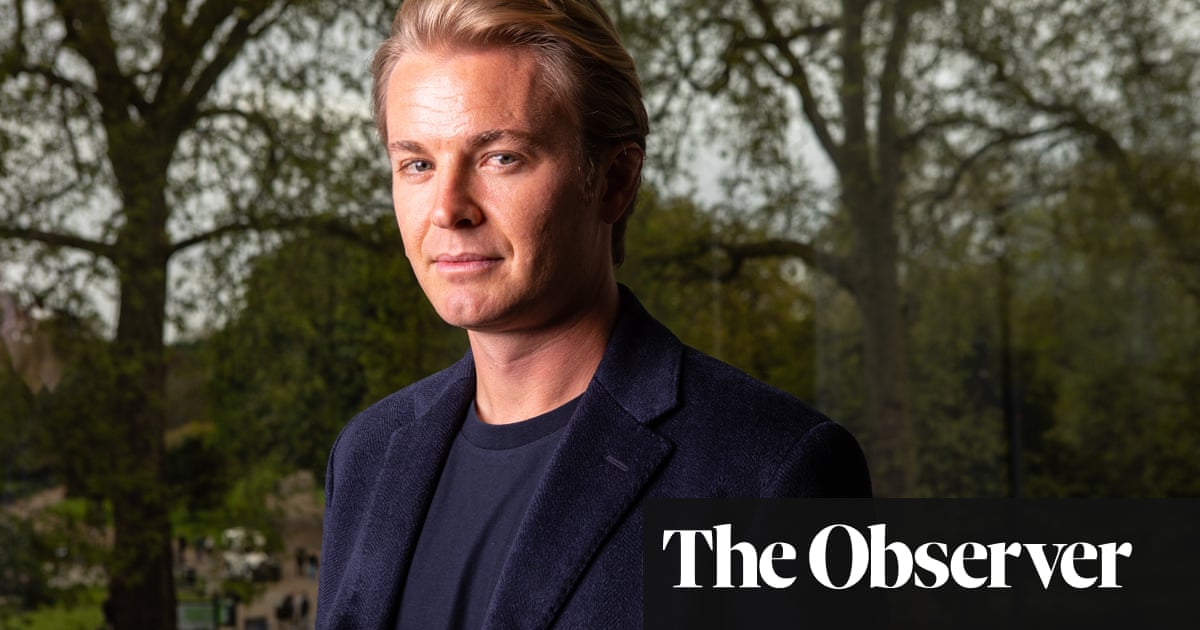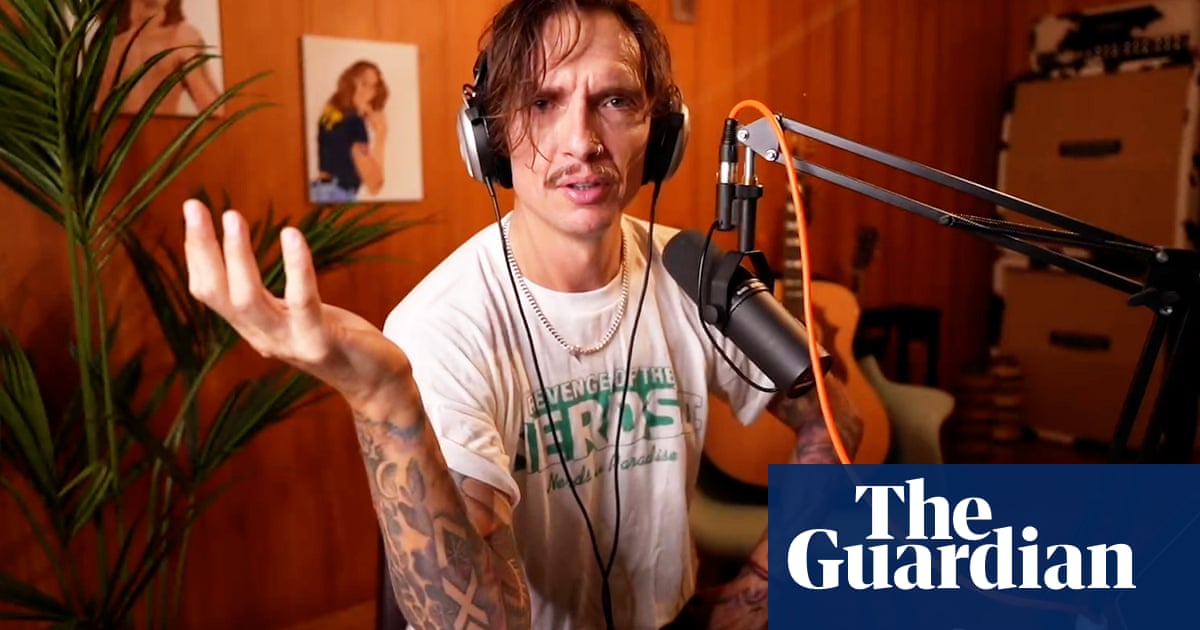
In a parallel world, former Formula One world champion Nico Rosberg could be sitting at home in Monaco with his feet up, having set himself up for life, all before the tender age of 32.
After clinching the world championship in 2016, beating his rival Lewis Hamilton in the process, Rosberg shocked the world of motor sport by promptly quitting the pursuit that had been his life since starting competitive racing at the age of six.
Like many sports stars who retire relatively early, he has moved into punditry, commentating for Sky, but unusually he also appears to have effortlessly switched lanes from professional sportsman to entrepreneur, investor and philanthropist.
Sipping sparkling water in a hotel overlooking Hyde Park, the German-Finnish former champion has “got used” to talking about his retirement, despite being just 37. “I am so incredibly lucky,” he admits. “Thanks to the racing, I have financial freedom and I can do whatever I want.”
Despite sporting a tan, relaxed expression and understated navy clothing, Rosberg reveals a glimpse of a sportsman’s inner drive when he explains his motivation: “I want to do something significant, I want to contribute and I want to grow.
“I was always inspired by people who took that entrepreneurial path, investing to support or create something.” He rules out a return to racing, stressing he wants to use “the legacy of that, for my new endeavours”.
Rosberg now employs 15 people to work on his business and investment affairs, and his new endeavours include brand ambassador roles for German energy company EnBW – where he is the face of its electric charging network – and logistics provider Jungheinrich, but he describes himself on professional networking site LinkedIn as a “sustainability entrepreneur and angel investor”.
Rosberg has previously spoken about how he only gained a broader perspective on life after stepping off the international Formula One merry-go-round. Perhaps surprisingly, given his background in a fossil-fuel-guzzling sport, Rosberg now speaks with the zeal of a convert about sustainability and the importance of drawing attention to the climate crisis, something he admits he gave little thought to during his racing career.
This passion led him to found the Greentech festival, along with engineers and entrepreneurs Marco Voigt and Sven Krüger, in 2019. This year’s conference starts on Wednesday in Berlin, and the event is described by the organisers as a “global platform for pioneering and sustainable ideas”.
Rosberg says his wealth has afforded him the luxury to focus on these new interests, including investing in sustainability-focused startups, while also creating an endowment for his “grandchildren” (he and his wife’s two children are seven and five).
Indeed, one reason for this trip to London was a meeting with charitable foundation the Wellcome Trust, one of the UK’s largest philanthropic investors, known for its track record of impressive financial returns.
Forbes puts Rosberg’s net worth at just over $20m (£16m), although this seems a conservative estimate, given the earning power of the world’s elite racing drivers. He admits to having “software” that provides him with an exact figure, but will not be drawn on what that is, other than adding: “The top F1 driver earns $40m a year.”
Another of his ventures presumably comes with the need for deep pockets: He owns Rosberg X Racing, a team in the new environmentally conscious motor sport Extreme E. Now in its third season, the series sees electric off-road SUVs race in different locations around the globe that have been affected by the climate crisis.
The teams, each comprising a male and a female driver, are racing this season across five locations, from Saudi Arabia to Scotland, and Italy to the Americas. In an effort to limit their environmental impact, the series’ vehicles, logistics equipment and infrastructure are shipped, rather than flown, around the world aboard the St Helena, a former Royal Mail ship. The races are televised, but take place without spectators.
Rosberg’s team, now third in the standings, is sponsored by IG Prime, a division of financial brokerage IG, among others, and is considered an evolution of Team Rosberg, the motor sport outfit founded in the 1990s by his father, Keke. Other Extreme E team founders include Hamilton and former British Formula One driver Jenson Button.
The series claimed a global audience of 135 million in 2022, more than 30% up on viewership during its inaugural season. However, this pales into insignificance compared with Formula One, riding high and growing its fanbase, especially in the US.
Rosberg hopes Extreme E entertains viewers, while getting them to “do their part, and contribute, and think about their own lives” amid the climate crisis.
Rosberg says his own car is an all-electric Audi e-tron, extolling the virtues of the charging network in mainland Europe – and says he does not “like it any more” if he is collected by a fossil fuel-powered car when travelling abroad. He also says he takes the train in Germany, but skirts over whether he flies by private jet.
His focus on sustainability extends to his investment portfolio, which does not contain any oil, tobacco or defence companies. However, he is at something of a loss to explain the involvement in Extreme E of Saudi Arabia, which hosted the first race of the season, but is also the world’s biggest producer of fossil fuels, and home to the world’s biggest oil company, Saudi Aramco, which is 95% government-owned.“I would understand that there are some people, where it doesn’t sit too well with them,” Rosberg says. “All our partners in Extreme E are allowing us to do a lot of good, which we are very grateful for.
“Sometimes you need to go out there a little bit to do a lot of good.”
After the regimented existence of his early years, where his job determined his timetable, Rosberg clearly relishes being his own boss. He vociferously rules out a future return to Formula One, whether as a driver or running a team: “Never, ever, ever, because I value my freedom,” he says. “It was very intense.”
Rosberg still watches all the Formula One races but confesses the experience is not relaxing: “When the lights go off, I imagine I’m there.”
Few would imagine that investing could produce the same high, but he insists he has other ways to get his adrenaline fix: “In business, and on the tennis court.”












